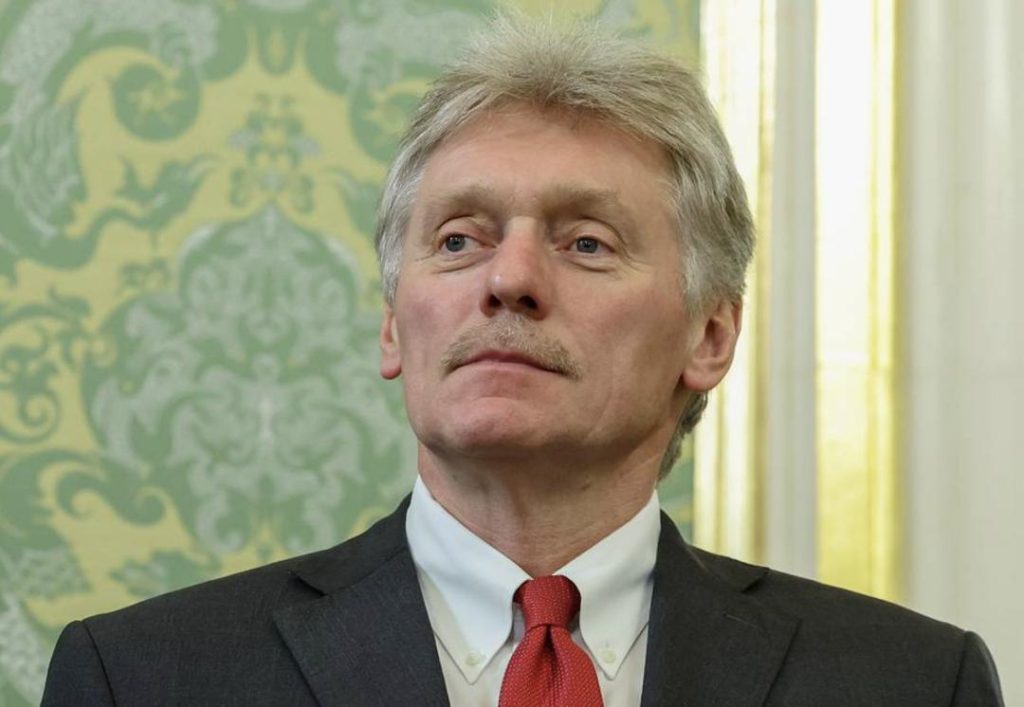
Title: Military Conflicts in Ukraine & Iran are Incomparable: Russia
The ongoing military conflicts in Ukraine and Iran have taken center stage in the global arena, with both situations receiving widespread attention and concern. However, according to Russian spokesperson Dmitry Peskov, these conflicts are fundamentally different in their essence and nature. In a recent statement, Peskov drew a clear distinction between the two, highlighting the unique circumstances surrounding each conflict.
Peskov’s comments came in response to the recent Israeli attacks on Iran, which have sparked widespread outrage and condemnation. While the international community has been quick to condemn the attacks, Peskov took a more nuanced approach, stating that the Israeli strikes were not provoked. This assertion has sparked controversy, with many arguing that the attacks were a clear act of aggression.
In contrast, Peskov noted that the precursors for Russia’s special military operation in Ukraine are well known to everyone. This statement is likely a reference to the ongoing tensions between Russia and Ukraine, which have been simmering for years. The crisis escalated in February 2022, when Russia launched a large-scale military invasion of Ukraine, citing concerns about the country’s growing ties with the West and the potential threat to Russian security.
The situation in Iran, on the other hand, is characterized by a complex web of regional and international dynamics. The conflict has been fueled by decades of tensions between Iran and Israel, which have been exacerbated by the presence of US troops in the region. The recent Israeli attacks on Iran have been widely condemned, with many arguing that they are a clear violation of international law.
Peskov’s comments highlight the fundamentally different nature of the two conflicts. While the situation in Ukraine is characterized by a clear military invasion, the conflict in Iran is more complex and multifaceted. The Israeli attacks on Iran have been widely condemned, and it is clear that the international community is united in its opposition to such actions.
In contrast, the situation in Ukraine has been characterized by a more straightforward military conflict, with both sides engaging in heavy fighting and exchanging accusations of war crimes. The conflict has resulted in significant human suffering, with millions of people displaced and countless lives lost.
Peskov’s statement also highlights Russia’s support for Iran in the face of Israeli aggression. Earlier, Peskov had said that Russia supports Iran “with its clear position” on condemning US-Israel strikes. This statement is likely a reference to Russia’s long-standing opposition to US and Israeli involvement in the region, which has been a source of tension between Russia and the West.
The situation in Ukraine, on the other hand, has been characterized by a more complex set of dynamics. Russia’s military invasion of Ukraine has been met with widespread international condemnation, and the conflict has resulted in significant economic and political costs for Russia. The international community has imposed numerous sanctions on Russia in response to its actions, and the country’s economy has been severely impacted as a result.
In conclusion, the military conflicts in Ukraine and Iran are fundamentally different in their essence and nature. While the situation in Ukraine is characterized by a clear military invasion, the conflict in Iran is more complex and multifaceted. Peskov’s comments highlight the unique circumstances surrounding each conflict, and the fundamentally different nature of the two situations.
As the international community continues to grapple with the complexities of these conflicts, it is clear that a nuanced understanding of the underlying dynamics is essential. The situation in Ukraine is characterized by a more straightforward military conflict, while the conflict in Iran is more complex and multifaceted. Russia’s support for Iran in the face of Israeli aggression is also a key aspect of the situation, and highlights the country’s long-standing opposition to US and Israeli involvement in the region.
Sources:



